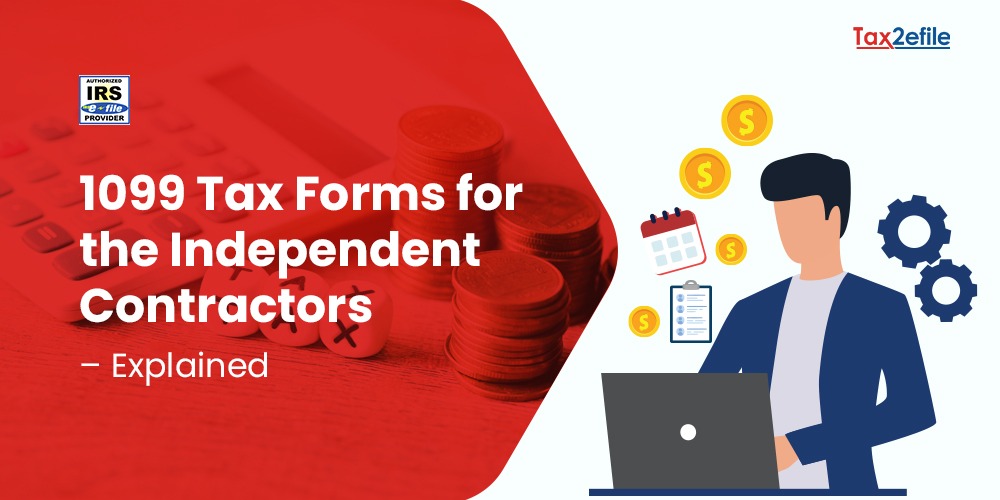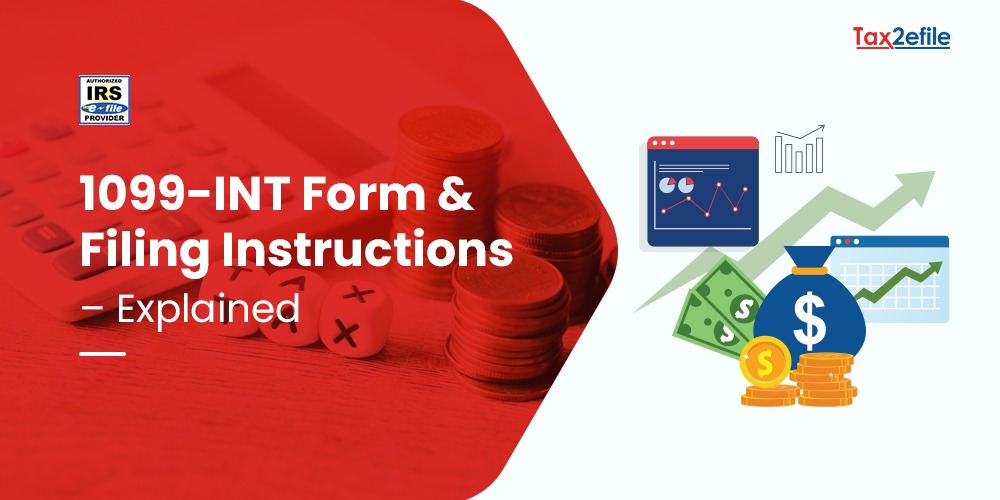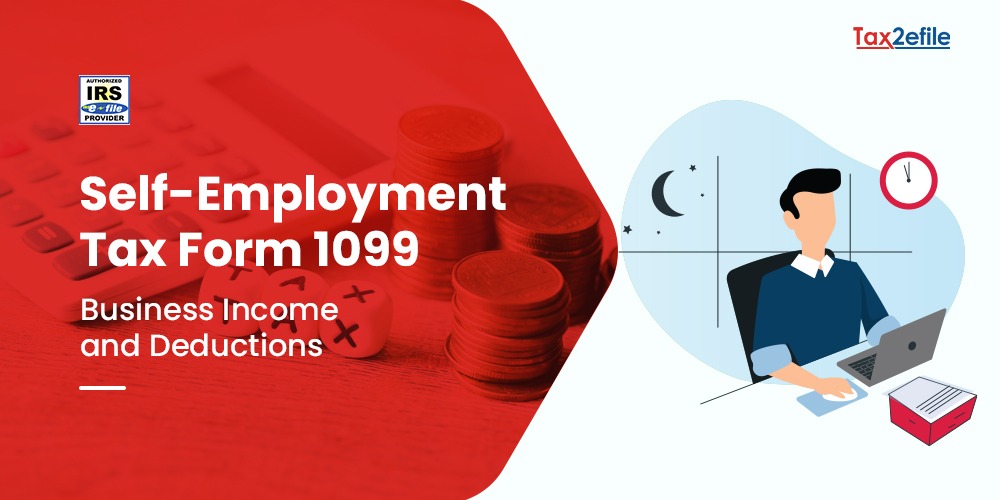- September 12, 2013

An information return is a tax document businesses are required to file to report certain business transactions to the Internal Revenue Service (IRS). The requirement to file Information Returns is mandated by the Internal Revenue Service and associated regulations. Any person, including a corporation, partnership, individual, estate, or trust, who makes reportable transactions during the calendar year, must file information returns to report those transactions to the IRS. Persons required to file Information Returns to the IRS must also furnish statements to the recipients of the income. Filers who have 250 or more must file these returns electronically. File Form 1099 MISC, Miscellaneous Income, for each person possessing, or a foreign government; and to whom you have paid during the year.
At least $10 in royalties or broker payments in lieu of dividends or tax-exempt. At least $600 in rent, services (including parts and materials), prizes and awards, other income payments, medical and health care payments, crop insurance proceeds, and cash payments for fish (or other aquatic life) you purchase from anyone engaged in the trade or generally, the cash paid from a notional principal contract to an individual, partnership, or estate; payment card and certain other types of payment, including any fishing boat proceeds. Gross proceeds of $600 or more are paid to an attorney.
Table of Contents
Know All About IRS 1099 Forms
In addition, use Form 1099 MISC to report that you made direct sales of at least $5,000 of consumer products to a buyer for resale anywhere other than a permanent retail establishment. You must also file Form 1099 MISC for each person from whom you have withheld any federal income tax under the backup withholding rules regardless of the amount of the payment. The Form 1099 MISC is a multi-part form.
- Copy A is submitted to the IRS by the payer
- Copy 1 is submitted to the state tax department by the Payer
- Copy B is the recipient
- Copy 2 is given to the recipient for filing with the state tax return.
- Copy C is kept by the Payer.
Form 1099 MISC for Tax Year 2016 Copy A filing with IRS (paper filers) Due date: Feb 28, 2017, Electronic filers – April 2017. With e-file, you don’t need to file Form 1096, Form 1099 MISC for Tax Year 2011 Copy B Due date to the recipient: Jan 31, 2017, If Payments are reported on Box 8 (Substitute payments in lieu of dividends or interest) and Box 14 (Gross proceeds paid to an attorney), Due Date: Feb 15, 2017 Difference between a 1099 and a W-2: There are two forms of an income statement which most people who earn money in the United States are familiar with. These would be the W2 and 1 and are often confused with each other. There are variations of both forms, which are used for similar purposes. Here is the definition of each and how they are different.
Both the 1099 tax form and the W-2 Earnings Statement are tax filing forms used by the United States Internal Revenue Service for reporting taxable income. The 1099 tax form is used to report monetary distributions. The W-2 is used to report wages paid to employees plus the taxes paid for those wages. There are variations in the uses of these forms as we will see next.
The IRS form 1099 is used in place of form W-2 when a company or agency needs to report payments to an individual who is not an employee. A 1099 tax form is also used in showing multiple distributions to individuals, such as a company that pays multiple freelance contractors. This is similar to multiple W-2s showing payments to employees of a business or organization. An example of this would be a nonprofit organization or a factory.
As of 2009, there are 18 variations of a 1099 tax form. The most common types used are the 1099 MISC (for miscellaneous income), 1099 INT (for interest payments), and 1099-K form. Fortunately, there is only one type of W-2. For people who have retired this can be confusing as now, they must know which 1099 they need, whereas before all they needed was a single W-2 from each employer they work for. For help with this, the IRS has a page with information and a list of publications. That link will be listed in the resource section.
Who uses which 1099 Form?
An example of who would use a 1099 form would be a business that uses independent contractors. Another example of use would be payments from a pension or retirement plan. Casinos and racetracks also send 1099 forms to winners. If you filled out a time sheet for a company, you are an employee and they should hand you a W-2. If you need to pay FICA taxes or report income to the Social Security Administration you would use a W-2 unless you own the business then you would file directly with the state of incorporation. If you work for a staffing agency, the agency will owe you a W-2, not 1099. W-2s and 1099 Forms are similar in use and even look similar on paper. The main difference between the two is the income dispersion method. Make sure you use the correct form for your situation as many companies may look at you as an independent worker to save on taxes. 1099 Penalties & Deadlines following penalties will be in effect for the year 2016
- $60 penalty for filing a 1099 more than 30 days late and before August 1
- $100 penalty for filing 1099 on or after August 1
- $250 penalty for intentional failure to file
1099-MISC Form Deadline for the 2016 Tax Year
Provide the recipient with his or her copy of the Form 1099-MISC by January 31st reporting income for the previous calendar year. Or electronically file 1099 s with the IRS by March 31. Businesses can request a 30-day extension to file 1099 s with the IRS using Form 8809. An extension does not permit additional time for providing a 1099 to the recipient.
Who Must File 1099?
Any person, including a corporation, partnership, individual, estate, or trust, who makes reportable transactions during the calendar year, must file information returns to report those transactions to the IRS. Persons required to file Information Returns to the IRS must also furnish statements to the recipients of the income. Filers who have 250 or more must file these returns electronically.
File Form 1099 MISC, Miscellaneous Income, for each person possesses, or a foreign government; and to whom you have paid during the year: At least $10 in royalties or broker payments in lieu of dividends or tax-exempt.
At least $600 in rent, services (including parts and materials), prizes and awards, other income payments, medical and health care payments, crop insurance proceeds, and cash payments for fish (or other aquatic life) you purchase from anyone engaged in the trade or generally, the cash paid from a notional principal contract to an individual, partnership, or estate; payment card and certain other types of payment, including any fishing boat proceeds. Gross proceeds of $600 or more are paid to an attorney.
In addition, use Form 1099 MISC to report that you made direct sales of at least $5,000 of consumer products to a buyer for resale anywhere other than a permanent retail establishment. You must also file Form 1099 MISC for each person from whom you have withheld any federal 1099 income tax under the backup withholding rules regardless of the amount of the payment.


